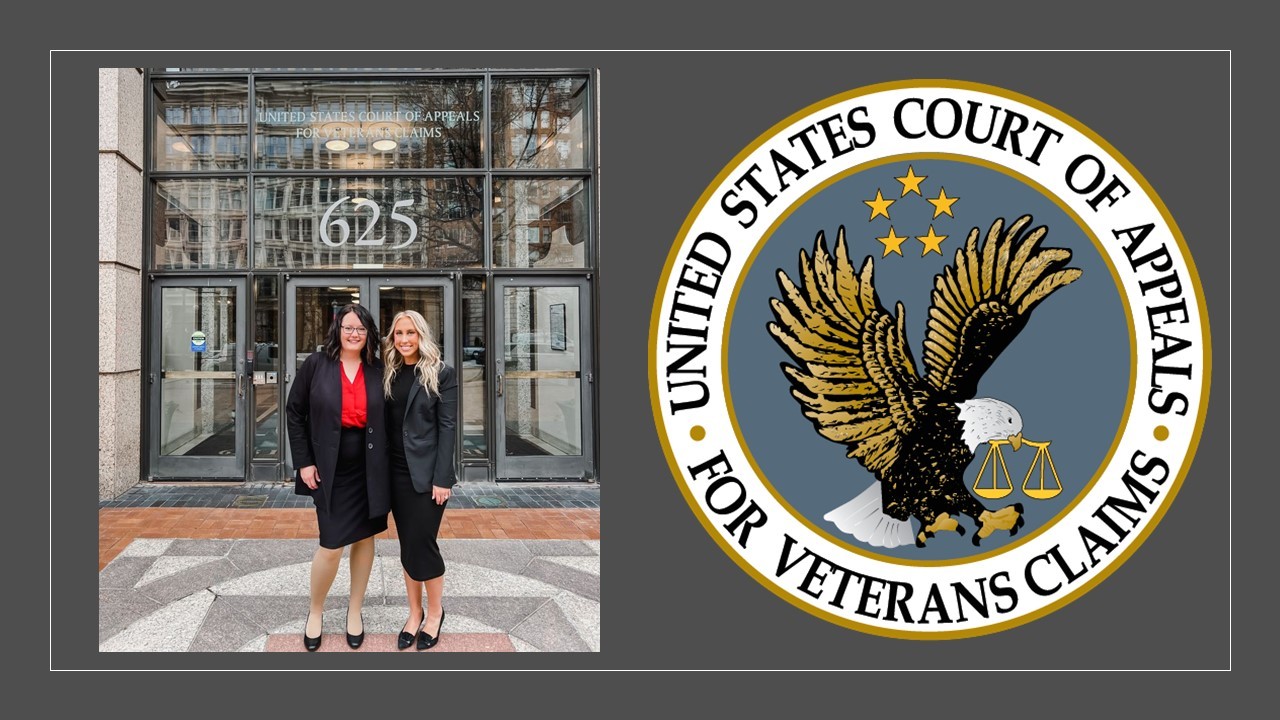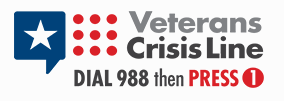How to Appeal to the CAVC
A Veteran has 120 days after the BVA mails its decision to file a written notice of appeal on the proper form with the CAVC Clerk’s Office. There is also a $50 fee for filing the notice of appeal, or the fee can be waived in some cases when the Veteran files a Declaration of Financial Hardship.
The Veteran’s attorney, if they have one, must also file a notice of appearance. A Veteran who chooses to appeal to the CAVC pro se (on their own) must agree to follow all of the Court’s rules of practice and procedure.
After filing the notice of appeal, generally, the VA’s attorneys and a representative from the Court will schedule a pre-briefing conference with the Veteran’s attorney. Before this conference, the Veteran’s attorney must provide the VA attorneys with a statement of the issues on appeal. At the conference, the parties discuss the issues and determine if the VA will agree to a remand of all or part of the appeal (meaning that the VA attorneys agree the BVA made an error and will ask the CAVC to send the claim back to the BVA to fix the error).
If the parties decide to continue the appeal before the CAVC, then a briefing schedule will be set, and the Veteran must file the first brief.
The CAVC is a formal court where substantive law and evidentiary rules are strictly applied. The Veteran’s legal brief must present an argument based on sound legal reasoning, court decisions, and other applications of the law. It must counter any potential arguments by the Secretary of Veterans Affairs, who is the opposing party in an appeal before the CAVC. In addition, the brief must adhere to very specific formatting and content requirements set forth in the CAVC’s court rules.
You can appeal to the CAVC pro se (without an attorney), but you will be at a disadvantage if you try to handle the appeal on your own. An experienced VA claims lawyer at Berry Law can develop a persuasive case about how VA law applies to your case and how and why you qualify for VA benefits.
After all the briefing is done, and after oral arguments, if the CAVC requests them, the CAVC hands down an opinion either affirming the BVA’s denial of VA benefits or remanding the case back to the BVA to fix mistakes in how it decided the appeal. If CAVC affirms the BVA’s denial, then the Veteran may file a motion for reconsideration within 21 days (or 51 days if the Veteran or their representative is outside the United States).
If the Veteran still disagrees with the CAVC’s decision after reconsideration, he or she may appeal to the U.S. Court of Appeals for the Federal Circuit.
Decisions of the Court of Appeals for the Federal Circuit are only superseded by decisions of the U.S. Supreme Court or by legislative changes in the law. Because Justices of the Supreme Court typically decline to review cases that do not address significant points of law, the Federal Circuit Court is often the last opportunity for a Veteran to have his or her case appeal heard.

